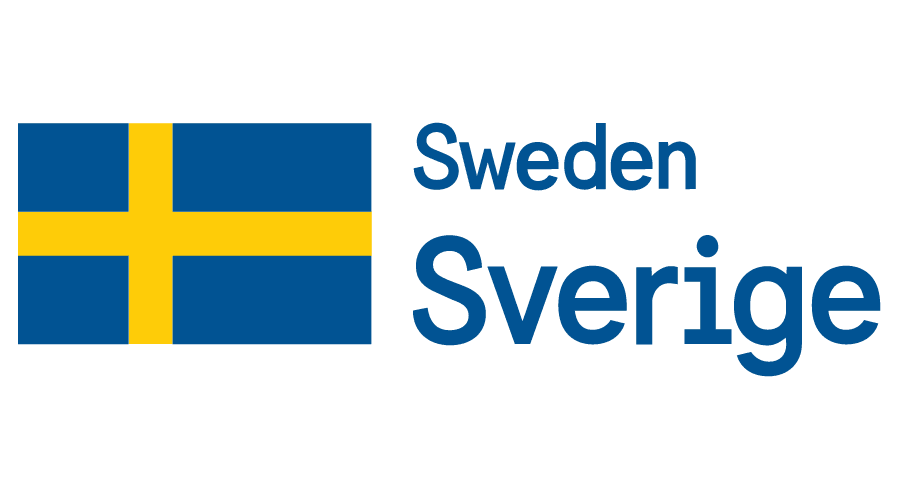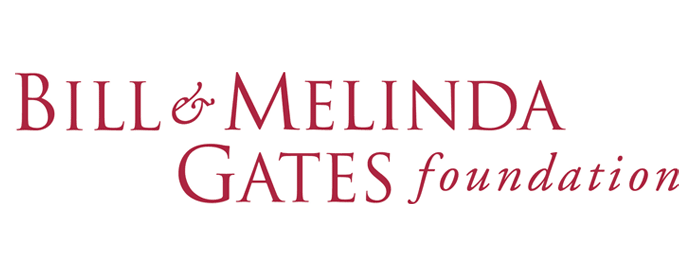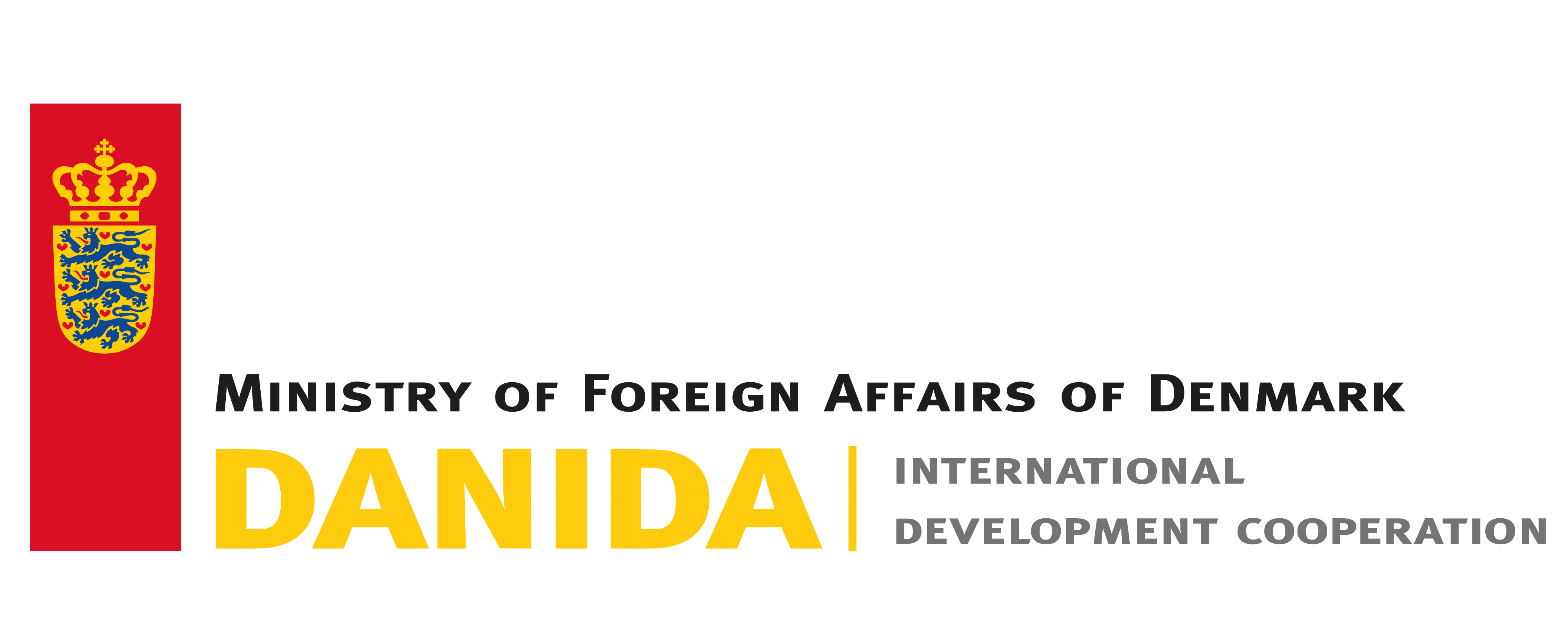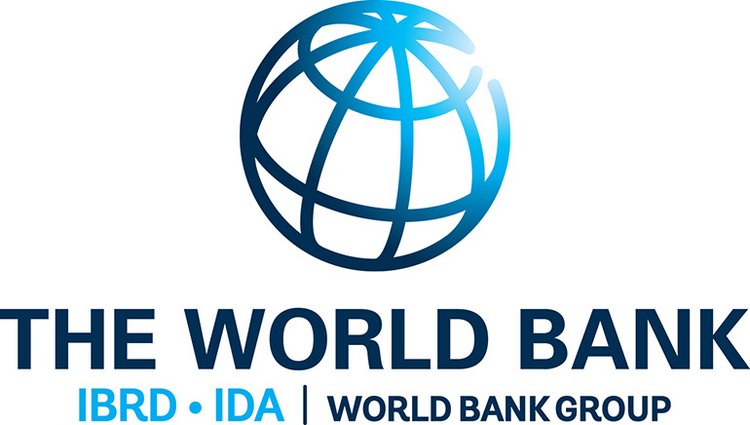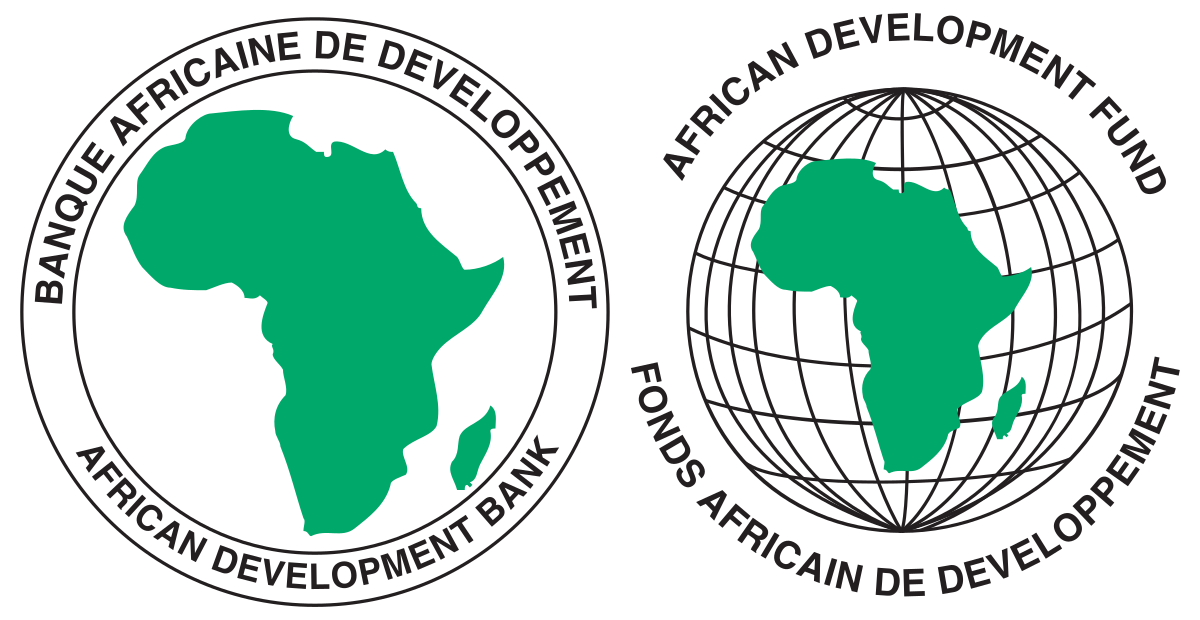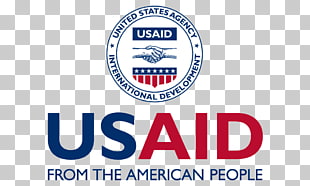Established as the Interafrican Bureau of Epizootic Diseases (IBED) in 1951 to study the epidemiological situation of and commence the fight against rinderpest in Africa, the organization today bears the name African Union – Interafrican Bureau for Animal Resources (AU-IBAR). This name-change reflects its broader mandate, which is to support and coordinate the improved utilization of animals (livestock, fisheries and wildlife) as a resource for human wellbeing in the Member States of the African Union (AU), and to contribute to economic development, particularly in rural areas. AU-IBAR's main clients are the African Union (AU) Member States and the Regional Economic Communities (RECs) to which they belong.
For more than four decades, AU-IBAR has coordinated major continent-wide efforts aimed at the eradication of rinderpest through several projects, notably the Joint Project Number 15 on Rinderpest (JP-15: 1962-1975), the Pan-African Rinderpest Campaign (PARC: 1986-1998), the African Wildlife Veterinary Project (AWVP: 1998-2000) and the Pan-African Programme for the Control of Epizootics (PACE: 1999-2007).
With its broadened mandate covering animal production (from 1970), AU-IBAR has implemented a wide range of projects, including the Pastoral Livelihoods Programme (PLP: 2000-2005), the Pastoral Livelihoods Programme HIV/AIDS (PLP HIV/AIDS: 2003-2006), the Community Animal Health and Participatory Epidemiology Project (CAPE: 2000-2004), the Regional Project for Poultry and Milk Production in East Africa Project (1999-2005), the Farming in Tsetse-Controlled Areas Project (FITCA: 1999-2004), and gthe Regional Programme on Ticks and Tick-borne Disease (RTTDC), among others.
Although outcomes have been variable, through many of these projects and programmes AU-IBAR has developed a considerable track record and gained a lot of experience as a continental body providing leadership on animal resources issues in Africa.

